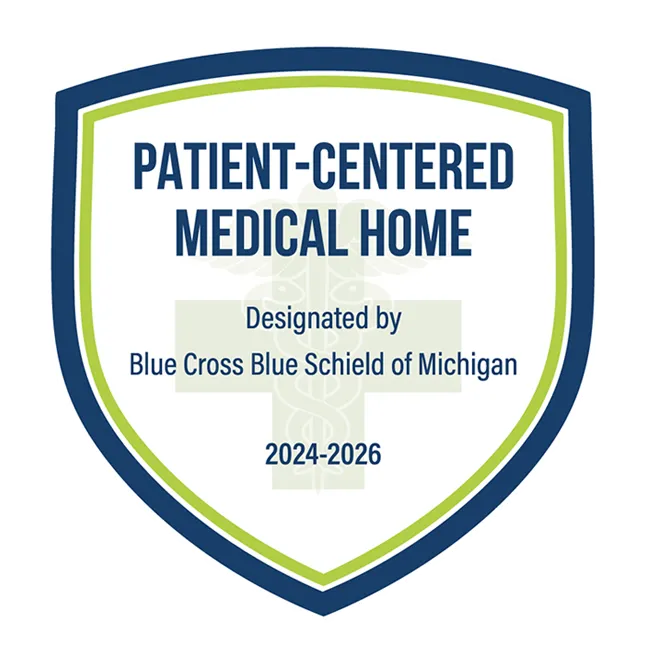


In today's fast-paced world, stress and pressure have become a part of our daily lives, often manifesting in overwhelming emotional states. Anxiety and panic attacks are two terms that are commonly used interchangeably, leading to confusion and misunderstanding. Millions worldwide are caught daily in an invisible struggle of anxiety and panic attacks. These unexpected episodes of intense fear and distress can disrupt lives, leaving individuals trapped and desperate for relief.
However, despite their similarities, anxiety attacks and panic attacks are distinct experiences with unique characteristics. This blog post delves deeper into the symptoms and the key differences between anxiety and panic attacks to help you improve your mental health and march towards an optimistic lifestyle.
It can be challenging to distinguish between a panic attack and an anxiety attack because they share commonalities but also have separate traits. Anxiety attacks differ from panic attacks as they last longer and are marked by a constant feeling of worry and fear. A medical expert's advice can help you make a certain diagnosis and develop a treatment strategy suitable for your needs.
The clinical variations between the two include:
In clinical settings, anxiety, and panic attacks are diagnosed and characterized differently.
While panic attacks are powerful but often short-lived, peaking within minutes, anxiety attacks are sometimes persistent, lasting for days or weeks.
While anxiety attacks may entail lesser but more enduring symptoms, panic attacks are characterized by acute and sudden symptoms such as a racing heart, shortness of breath, and overwhelming terror.
Panic attacks can occur abruptly, whereas specific situations or pressures frequently prompt anxiety attacks.
Here are some common symptoms of anxiety attack and panic attacks—
Panic Attack SymptomsAnxiety and panic attacks can stem from a variety of factors, both internal and external. Panic attacks and anxiety attacks cause include—
A family history of anxiety or panic disorders can raise the probability of developing these problems.
Neurotransmitter imbalances, such as those in serotonin and dopamine, may play a role in the emergence of anxiety and panic attacks.
People with certain personality qualities, including being overly sensitive or prone to perfectionism, may suffer from anxiety and panic attacks.
Underlying health issues, such as thyroid or heart problems, often influence the emergence of anxiety and panic attacks.
The most common treatment for anxiety attack and panic attacks include–
This form of therapy helps individuals identify and change their thought patterns, which can reduce anxiety symptoms and help them respond better in stressful situations.
Common medications used for the treatment include selective serotonin reuptake inhibitors (SSRIs). SSRIs work by escalating serotonin levels in the brain, which can enhance overall mood and reduce anxiety symptoms.
Benzodiazepines are sedatives usually prescribed for short-term use, as they can be habit-forming if taken long-term.
See your healthcare provider if you experience persistent or worsening symptoms of anxiety or panic attacks, if the symptoms significantly impact your daily life and functioning, or if you have concerns about your mental health.
Anxiety and panic attacks can throw your life off balance, interfering with your daily routines and overall well-being. You don’t need to struggle anymore. At MI Express Urgent Care, we offer personalized treatment plans to help you begin your transformation and live a life free from anxiety. Take the first step towards better mental well-being.
How to Prevent a Cough from Worsening at Night?
The Ultimate Guide to Erectile Dysfunction




